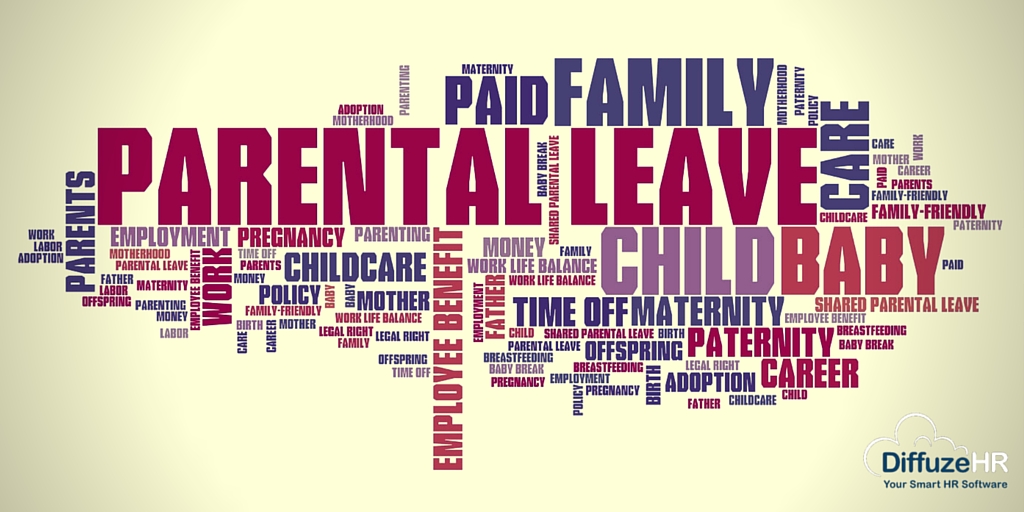Impacts of Parental Leave on Businesses
Managing parental leave and return to work transitions presents several challenges to employers regarding their legal obligations to employees, costs associated with the transition and management of other employees to ensure minimal disruption to workplace output. These challenges affect key areas that are managed by human resources professionals and company directors.
Parental Leave Discrimination
Pregnancy has overtaken disability as the top discrimination complaint in Australian workplaces. One in two mothers and one in four fathers and partners report experiencing parental leave discrimination at this stage of their life. (1)
Impact on businesses:
- Under the Fair Work Act 2009 (Cth), an employer may be ordered to pay compensation and maximum penalties ($54,000 for a corporation and $10,800 for an individual) when discrimination is established.
- A recent discrimination complaint cost a Victorian photography business approximately $174,000 in compensation and $61,000 in penalties. (2)
Health and Safety
Fathers of newborns are 36% more likely to have a near miss at work and 26% more likely to have a near miss on the road due to fatigue. (3)
Impact on businesses:
- Employers have an obligation under Occupational Health and Safety laws to provide and maintain, so far as is reasonably practicable, a working environment that is safe and without risks to health.
- Employers need to be aware that sleep disruption and sleepiness is recognized as a risk factor for people performing critical and dangerous tasks. (4)
- The economic impact: Tired parents cost employers approximately $5 billion per annum. (5)
Turnover Rates
Returning to work is a high risk period for both the employee and the business. Turnover rates following maternity leave can sky rocket to around 33% (6) compared to general attrition rates of 8% to 20%. Men are also impacted, with 37% of young fathers stating a lack of flexibility as a prime consideration for leaving their organisation.
Impact on businesses:
- These turnover rates raise potential risks around loss of talent, corporate knowledge and financial costs (7).
Perinatal Mental Health
The transition to parenthood carries high risk of experiencing psychological distress or developing a mental health condition. 1 in 7 new mothers (8) and 1 in 10 new fathers (9) suffer postnatal depression.
Impact on businesses:
- The economic impact: Postnatal depression brings with it an estimated workplace productivity cost of $158 million for mothers and $68 million for fathers per annum if not addressed. (10)
Work-life Interference
Work-life interference remains a persistent challenge in Australia, falling particularly hard on women, mothers and other working carers. (11)
Impact on businesses:
- The economic impact: Work-life interference is estimated to cost businesses $5 billion per annum. (12)
- The economic impact: Goldman Sachs stated that Australia is currently missing out on a 13% increase in GDP by failing to close the workforce gender gap.
Managing the Transition
It is imperative that businesses proactively address legal risks and support employees through the parental leave transition. The organisational benefits of this include:
- Manage legal risks and enable effective Flexible Work Arrangements
- Increase retention
- Enhance reputation as an Employer of Choice
- Contribute towards Gender Diversity Reporting Requirements
- Promote employee wellbeing
- Normalise support
HR Legal, in collaboration with the psychologists at Transitioning Well, offer training on Effective Parental Leave Transitions which provides a unique learning experience for participants on the legal and best practice strategies for effective parental leave transitions in all three phases. Click here to find out more.
References:
- AHRC (2014). Supporting Working Parents: Pregnancy and Return to Work National Review.
- Sagona v R & C Piccoli Investments Pty Ltd & Ors [2014] FCCA 875
- Mellor, G. & St John, W. (2012). Fatigue and Work Safety Behaviour in Men During Early Fatherhood. American Journal of Men’s Health. 6 (1): 80 – 88.
- Filtness, A. J. MacKenzie, J. & Armstrong, K. (2014). Longitudinal Change in Sleep and Daytime Sleepiness in Postpartum Women. PLoS ONE 9(7): e103513. doi: 10.1371/journal.pone.0103513.
- Kippist, L. (2013). Tired, Cranky Parents not ‘Engaged’ at Work. The Advertiser, Feb 27.
- Beacom, A. (2013). The RETAIN Maternity Leave Transition Coaching Model: Applying Schlossberg’s Transition Theory to create a new model of executive coaching. Teachers College, Columbia University.
- Diversity Council Australia (2012a). Men get flexible! Mainstreaming flexible work in Australian business, Diversity Council Australia: Sydney.
- Wisner, K.L. et al (2013). Onset timing, Thoughts of Self-Harm, and Diagnoses in Postpartum Women with Screen-Positive Depression Findings. JAMA Psychiatry, 70 (5): 490 – 498.
- Price-Robertson, R. (2015). Fatherhood and Mental Illness: A review of the issues. Australian Institute of Family Studies. CFCA Paper No. 30.
- Valuing Perinatal Mental health (2013). The consequences of not treating perinatal depression and anxiety. Centre of Perinatal Excellence (COPE) and Price Waterhouse Coopers (PWC).
- Skinner, N. & Pocock, B. (2014). The Australian Work and Life Index. Centre for Work + Life. University of South Australia.
- Duxbury, L. & Higgins, C. (2003). Work-life conflict in Canada in the new millennium: A status report: Healthy Communities Division, Health Canada.
This article was produced by HR Legal. It is intended to provide general information only in summary format on legal issues. It does not constitute legal advice, and should not be relied on as such.
Category: HR Legal

